The Advisory Board for Integrity and Sustainability, which consists of independent external experts from various countries, has been an important source of input for our sustainability work since 2012. Its members from science, business, and civil society provide Mercedes-Benz with critical and constructive support in questions of integrity, sustainability and corporate responsibility from an external point of view.
The internationally staffed Advisory Board meets at regular intervals and holds discussions with members of the Board of Management and other executives from various departments. The Advisory Board’s members have extensive experience and possess diverse specialized knowledge regarding environmental and social policy, various human rights and ethical issues, and the development of transport, traffic, and mobility. In this way, they contribute their different points of view to the discussions. In 2023 the sub-committee concerned itself with topics such as human rights, data responsibility, responsible handling of artificial intelligence and further development of the sustainable business strategy.
Members of the Advisory Board
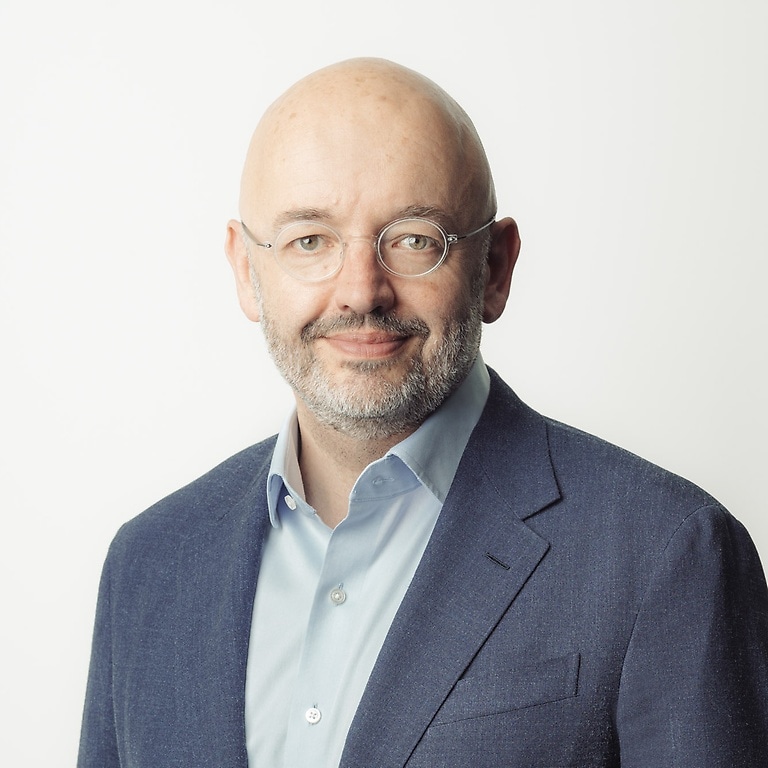
Global, collective and systemic action is crucial to accelerate the system transformations needed for a net-zero, nature-positive and equitable future. We need to unleash the power of sustainable business and set the course for systemic transformations through business action.
Peter Bakker
Advisory Board member
Global, collective and systemic action is crucial to accelerate the system transformations needed for a net-zero, nature-positive and equitable future. We need to unleash the power of sustainable business and set the course for systemic transformations through business action.
Peter Bakker
Advisory Board member
Peter Bakker is President and CEO of the World Business Council for Sustainable Development (WBCSD) since 2012. Until June 2011, he served as CFO and then CEO of TNT NV, the global transport and logistics company. He has been recipient of the Clinton Global Citizen Award (2009) and the Sustainability Leadership Award (2010). Peter Bakker serves as a member of several corporate sustainability advisory boards. He received the royal order Officer of the Order of Orange-Nassau in 2018 in recognition of his long-lasting commitment to engaging business in tackling global sustainability issues.
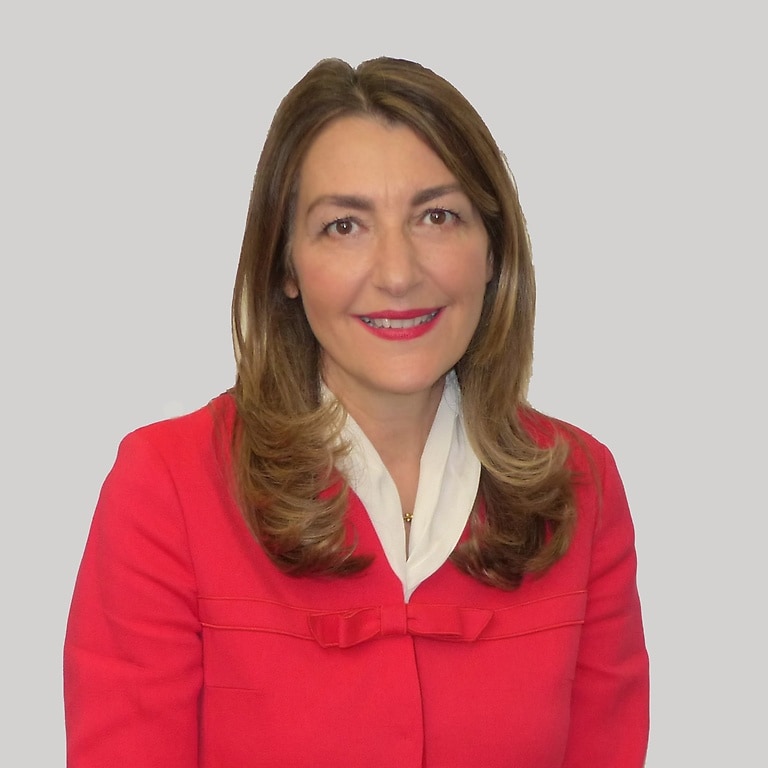
As advisory board members, we are not only able to share our expertise on various topics with the leaders of Mercedes-Benz in a constructive dialogue, but we also learn from these discussions. Not least due to the different perspectives that company representatives and advisory board members from diverse disciplines and cultures bring with them.
Bojana Bellamy
Advisory Board member
As advisory board members, we are not only able to share our expertise on various topics with the leaders of Mercedes-Benz in a constructive dialogue, but we also learn from these discussions. Not least due to the different perspectives that company representatives and advisory board members from diverse disciplines and cultures bring with them.
Bojana Bellamy
Advisory Board member
Bojana Bellamy is the President of Hunton Andrews Kurth LLP’s Centre for Information Policy Leadership (CIPL), a global privacy and data policy think tank located in Washington, D.C., London and Brussels. At CIPL, she works with business and technology leaders, regulators, policy and lawmakers to shape global data policy and practice, and develop thought leadership and best practices for responsible and trusted use of data in the 4th Industrial Revolution. Before, Bojana Bellamy worked as Global Director of Data Privacy at Accenture and as Principal Consultant with Privacy Laws & Business consulting and auditing projects for private and public sector clients.
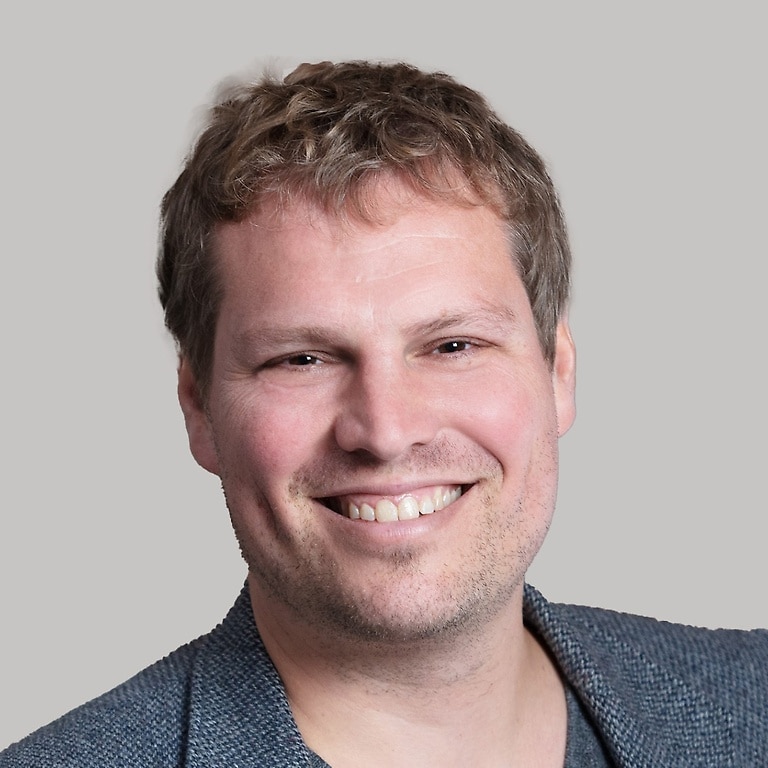
Transitioning to battery electric vehicles is important to support climate goals. To make urban mobility more sustainable, we need diverse and attractive options that provide space for human interaction.
Prof. Dr. Felix Creutzig
Advisory Board member
Transitioning to battery electric vehicles is important to support climate goals. To make urban mobility more sustainable, we need diverse and attractive options that provide space for human interaction.
Prof. Dr. Felix Creutzig
Advisory Board member
Prof. Dr. Felix Creutzig is Head of the Working Group on Land Use, Infrastructure and Transport at the Mercator Research Institute on Global Commons and Climate Change. Moreover, Prof. Creutzig is also professor of Sustainability Economics of Human Settlements at the Technical University of Berlin. He is the Lead author of the Fifth IPCC Assessment Report and coordinating lead author of the IPCC's sixth assessment report. Prof. Creutzig teaches "Urbanization and Global Environmental Change" at the Technical University of Berlin and is researching climate change mitigation in the realm of cities, transport systems, and digitalisation. As a postdoc at the Energy and Resources Group University of California, Berkeley, Prof. Dr. Felix Creutzig has investigated sustainable urban mobility. Prof. Creutzig holds a PhD in Computational Neuroscience from the Humboldt University of Berlin, and a Master of Advanced Studies (Part III in Mathematics) from the University of Cambridge, UK.
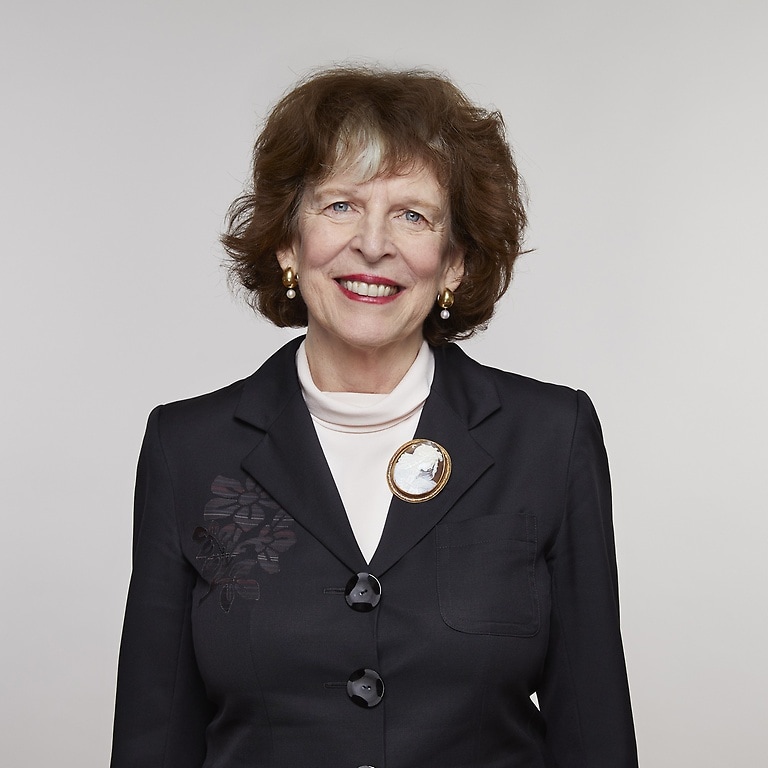
Corporate responsibility is not only dealing with climate change. It is also about the human factor - for example, respect for human rights. But corporate responsibility is not the same as charity or about doing some nice things on the side. It has to be integrated into the whole business. Only this is how you can contribute to solve the great current and future challenges of our society.
Dr. Teresa Fogelberg
Advisory Board member
Corporate responsibility is not only dealing with climate change. It is also about the human factor - for example, respect for human rights. But corporate responsibility is not the same as charity or about doing some nice things on the side. It has to be integrated into the whole business. Only this is how you can contribute to solve the great current and future challenges of our society.
Dr. Teresa Fogelberg
Advisory Board member
Teresa Fogelberg works as an independent board member for NGOs, research organizations and government committees in the field of sustainable development and responsible business conduct. Until January 2019, she was Deputy Chief Executive of the Global Reporting Initiative (GRI) in Amsterdam. Her previous positions include Director of Climate Change and Private Sector Engagement at the Netherlands Ministry of the Environment, Director of Scientific Research, Director Women and Development and Social Development at the Netherlands Ministry of Foreign Affairs. In addition, Teresa Fogelberg led the Netherlands delegation to numerous UN Climate Conference of Parties (CoPs). In 2018, she received a Royal Decoration (Officer in the Order of Orange-Nassau) for her contribution to the promotion of climate policy, sustainable development and women's empowerment.
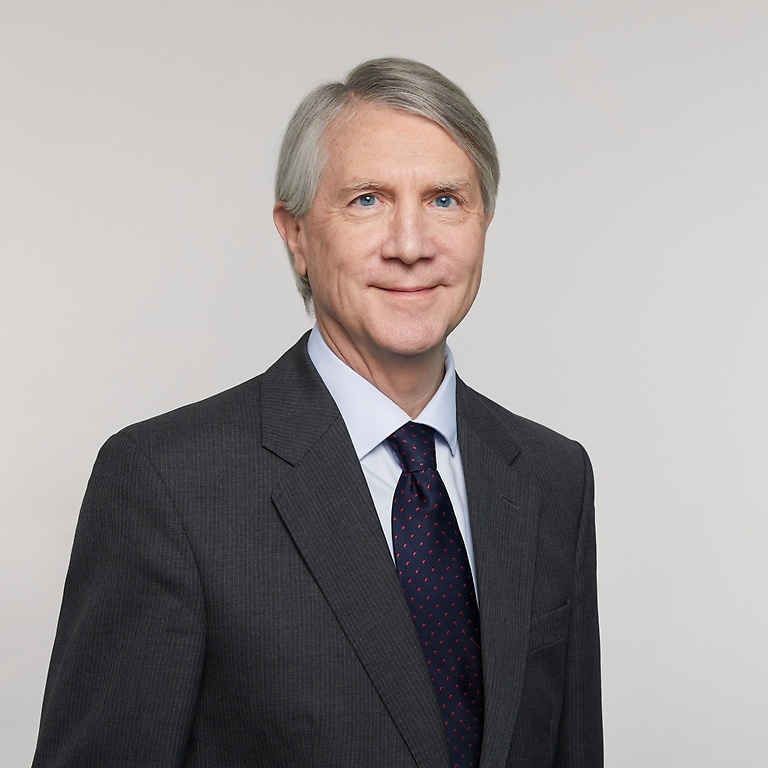
From a historical point of view, the main role of a company is to develop products and services that consumers want to buy. But there is also a collective responsibility and impact of the products on our environment. Recognizing potentially negative impacts and dealing with them is part of corporate responsibility.
Prof. Peter Jones, OBE
Advisory Board member
From a historical point of view, the main role of a company is to develop products and services that consumers want to buy. But there is also a collective responsibility and impact of the products on our environment. Recognizing potentially negative impacts and dealing with them is part of corporate responsibility.
Prof. Peter Jones, OBE
Advisory Board member
Peter Jones is Professor of Transport and Sustainable Development at the Center for Transport Studies, University College London. He is a member of the Independent Transport Commission and co-chair of the Joint Analysis Development Panel of the UK Department of Transport. He also advises the EU Commission, a number of major cities and governments. In 2017, Peter Jones received the Order of the British Empire (OBE) for his services to national transportation policy.
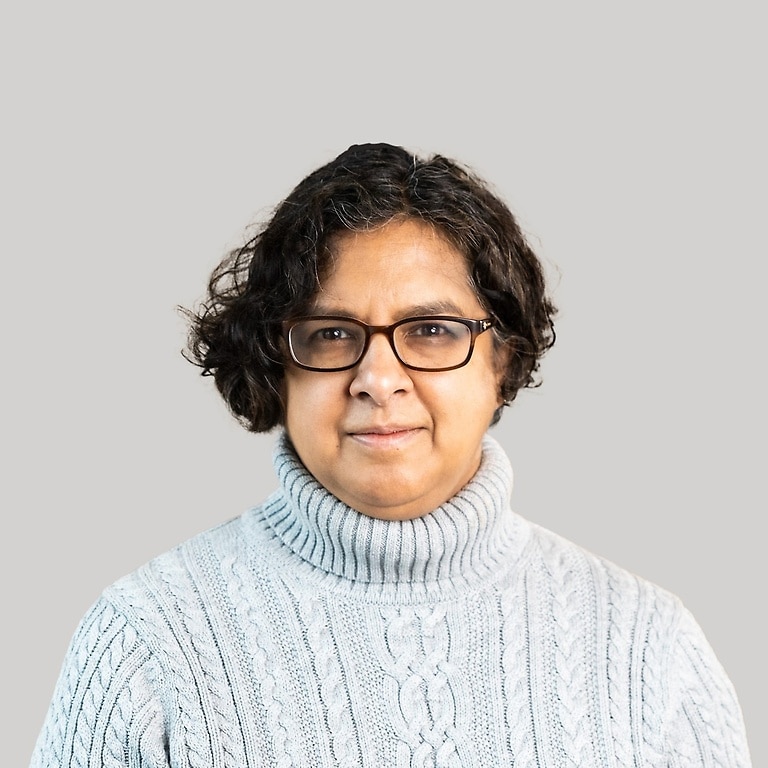
Fostering a speak-up culture among all stakeholders is important to me. Acting with integrity enables us to achieve our goals holistically by seeking mutual guidance for better business decisions.
Anita Ramasastry
Advisory Board member
Fostering a speak-up culture among all stakeholders is important to me. Acting with integrity enables us to achieve our goals holistically by seeking mutual guidance for better business decisions.
Anita Ramasastry
Advisory Board member
Anita Ramasastry is the Henry M. Jackson Professor of Law and the Director of the Sustainable International Development Graduate Program at the University of Washington School of Law. She is an expert in the fields of anti-corruption, commercial law, sustainable development and business and human rights. She is one of the leading academics and a pioneer in the field of business and human rights. Until last year, Anita served as a member of the United Nations Working Group on Business and Human Rights. In 2021, she also was appointed as the Special Representative on Combatting Corruption at the Organization for Security and Cooperation in Europe (OSCE). Anita is a founding co-editor in chief of the Business and Human Rights Journal, published by Cambridge University Press. She recently joined the Board of Directors of Transparency International and is the Co-President of the Global Business and Human Rights Scholars Association.
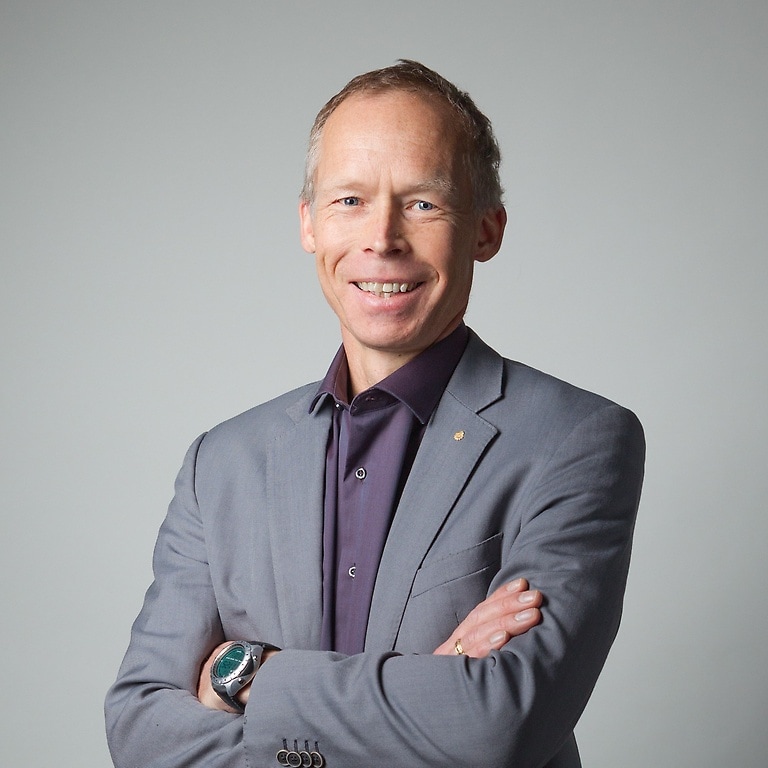
The solution to succeed in a transformation to a sustainable future for all societies and sectors is when sustainability becomes the pathway to economic success. If you want to be a global player that continues to attract customers and lives up to its responsibilities, you have to bring forward competitive solutions that are good both for jobs, people’s health and planetary health.
Prof. Dr. Johan Rockström
Advisory Board member
The solution to succeed in a transformation to a sustainable future for all societies and sectors is when sustainability becomes the pathway to economic success. If you want to be a global player that continues to attract customers and lives up to its responsibilities, you have to bring forward competitive solutions that are good both for jobs, people’s health and planetary health.
Prof. Dr. Johan Rockström
Advisory Board member
Johan Rockström is Director of the Potsdam Institute for Climate Impact Research, Professor in Earth System Science at the Institute of Earth and Environmental Sciences at Potsdam University, and Professor of Water Systems and Global Sustainability at Stockholm University. In addition to his research activities, he advises the European Commission and other bodies, and is a member of various science academies. Besides this, Johan Rockström is Chief Scientist at Conservation International (CI) and Chairman of the Earth League.
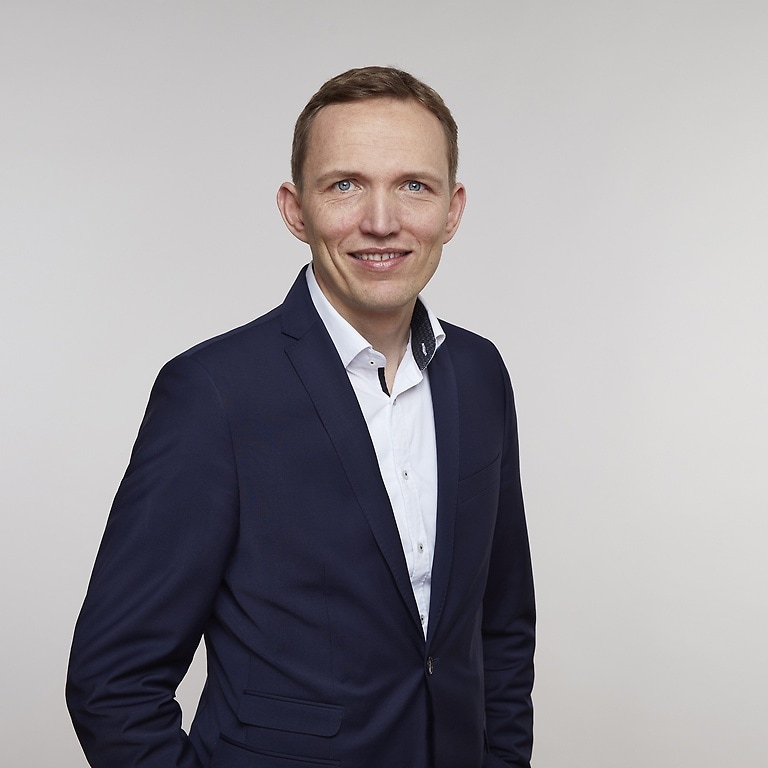
Sustainable change requires business integrity. If you want to change, you have to convince a lot of people - especially the critics. This requires a leadership and corporate culture that combines respect and performance and thus creates trust both internally and externally. Because without trust, even the best strategy will not succeed.
Dr. Martin von Broock
Advisory Board member
Sustainable change requires business integrity. If you want to change, you have to convince a lot of people - especially the critics. This requires a leadership and corporate culture that combines respect and performance and thus creates trust both internally and externally. Because without trust, even the best strategy will not succeed.
Dr. Martin von Broock
Advisory Board member
Martin von Broock is Chairman of the Board of the Wittenberg Center for Global Ethics e.V. (WZGE), a think tank for applied business, corporate and leadership ethics, and a member of various advisory boards. Martin von Broock previously worked in an international communications and political consulting firm for corporations and associations in the finance, real estate and energy sectors for many years, as well as for various federal and state ministries.
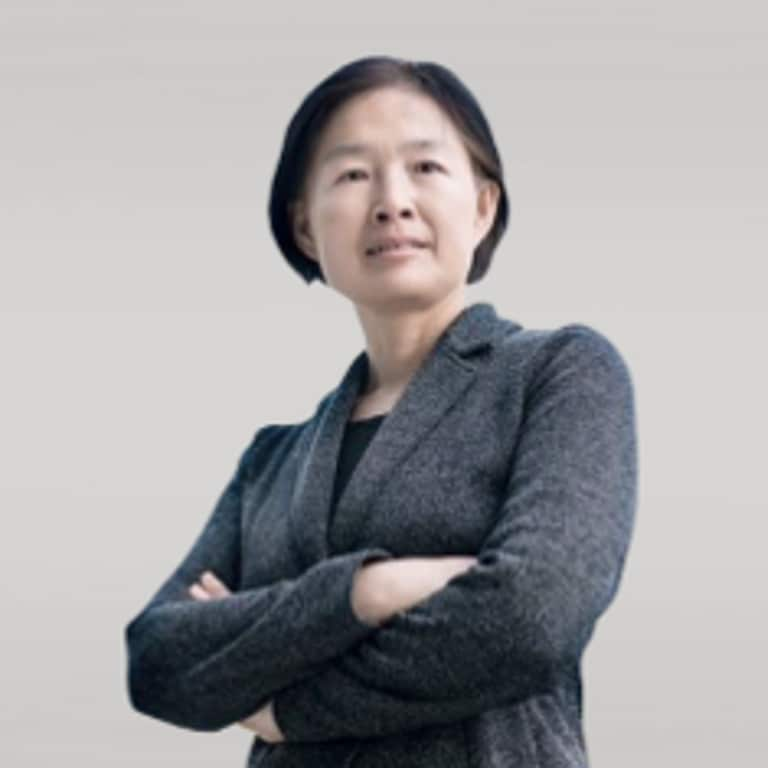
Every member of the Advisory Board brings a different background and contributes to the diversity of the Board, its expertise and experience to support Daimler's endeavor to further advance sustainable mobility. A pivotal moment requires insights and corresponding strategic planning and innovation. I am honored to work with fellow members and Daimler team to pivot towards a better future in the age of resilience.
Changhua Wu
Advisory Board member
Every member of the Advisory Board brings a different background and contributes to the diversity of the Board, its expertise and experience to support Daimler's endeavor to further advance sustainable mobility. A pivotal moment requires insights and corresponding strategic planning and innovation. I am honored to work with fellow members and Daimler team to pivot towards a better future in the age of resilience.
Changhua Wu
Advisory Board member
Changhua Wu is China Director, Office of the economist and publicist Jeremy Rifkin, Executive Director of Professional Association for China's Environment, and Chief Strategist of CN Innovation. She champions global sustainability collaboration and partnership through Center of China and Globalization in Beijing, and advocates sustainable finance through the board of Global Infrastructure Basel Foundation. Her previous positions include Greater China Director at The Climate Group and Director of China Studies at the World Resources Institute. She also serves as a member of various expert panels such as the World Economic Forum's Global Future Council on Clean Electrification and the Asian Development Bank's Asia Water Group.
This page was last updated in August 2024.





